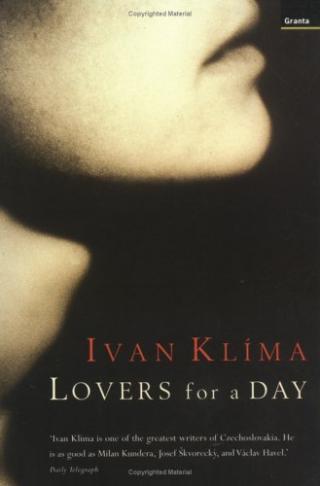
Аннотация
Ranging over nearly three decades, the stories collected in Ivan Klíma's Lovers for a Day offer a fine cross section of the Czech writer's career. Yet the book also traces the misunderstandings and frustrations, the hopes and disenchantments of an entire nation-where, ironically enough, Klíma's creations were banned until the mid-1990s. How does this fictional barometer work? The earlier tales, which tend toward dissections of private life, seldom mention the Communist regime-yet their protagonists are so thoroughly warped by political circumstance that even love becomes an avatar of control and constraint. In the later, post-perestroika stories, Klíma's characters explore their newfound freedom. Yet that, too, turns out to be something of a mixed bag, in both the public and private sector. No wonder the judge in "It's Raining Out" finds his new beat-divorce court-nearly as dispiriting as the old regime's political trials:
He would divorce couples on grounds of infidelity or mutual incompatibility. Some of them were husbands and wives who had stopped living together long ago, but in spite of that, he could never rid himself of the conviction that most of the divorces were unnecessary, that people were attempting to escape the inescapable: their own emptiness, their own incapacity to share their lives with another person.
For Klíma's countryman Milan Kundera desire represents a zone of freedom: an assertion of the unique self in the face of a collective state. For Klíma, alas, eros is yet another venue for repression. Suggesting that national politics might inscribe itself onto the deepest contours of the individual, he's able to write about both at once. It's a grim equation, perhaps. But Klíma's mastery of the medium, and his rare emotional intelligence, make for a superb exposition of love among the ruins. -Burhan Tufail
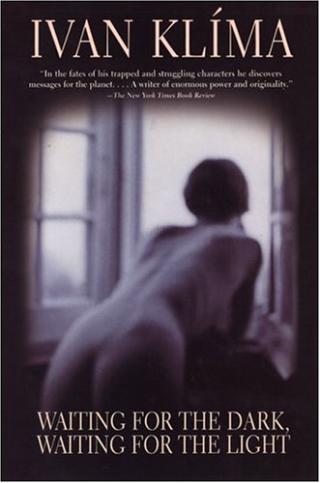
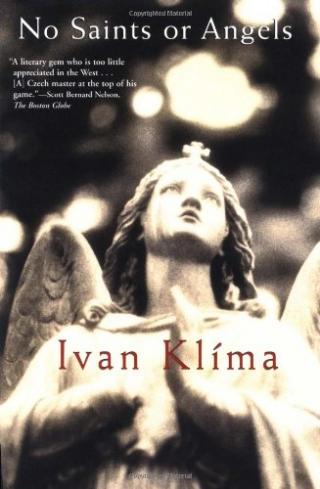

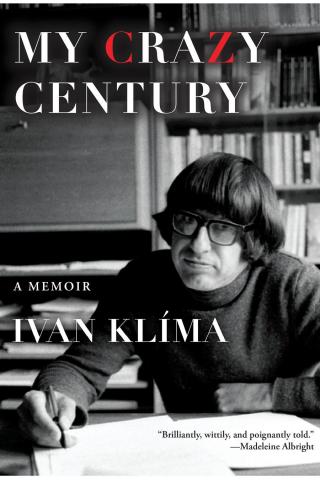
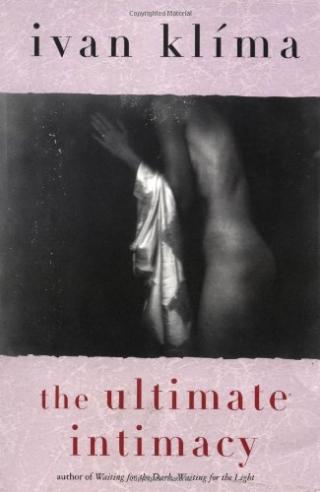

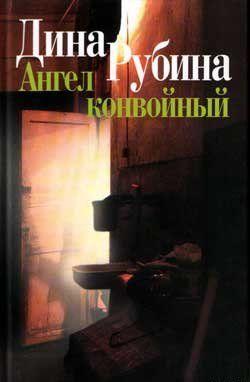
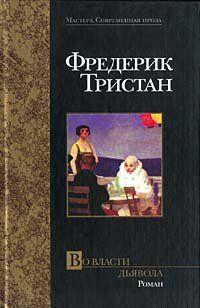
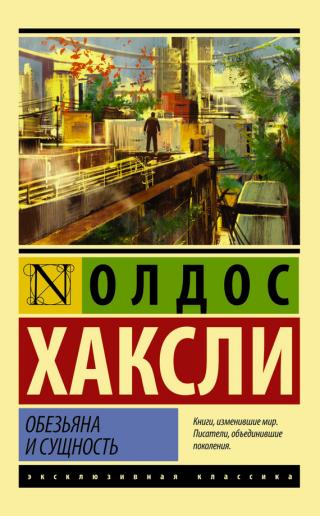
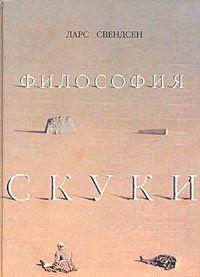
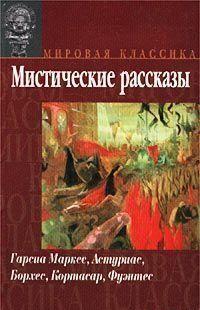
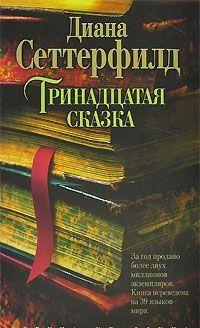
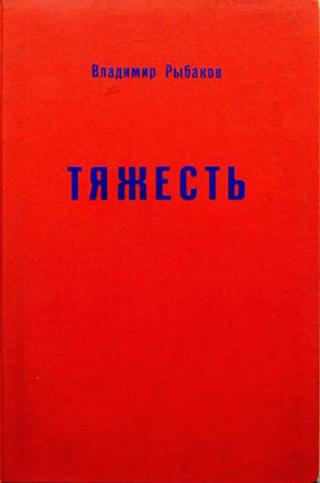
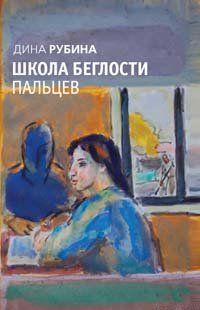
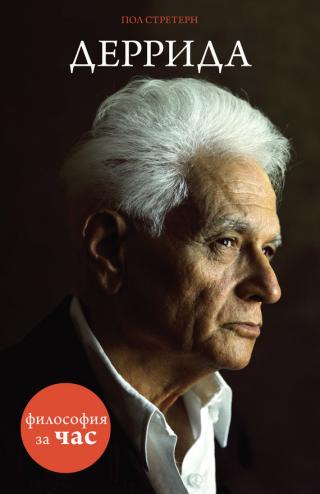
Комментарии к книге "Lovers for a Day"